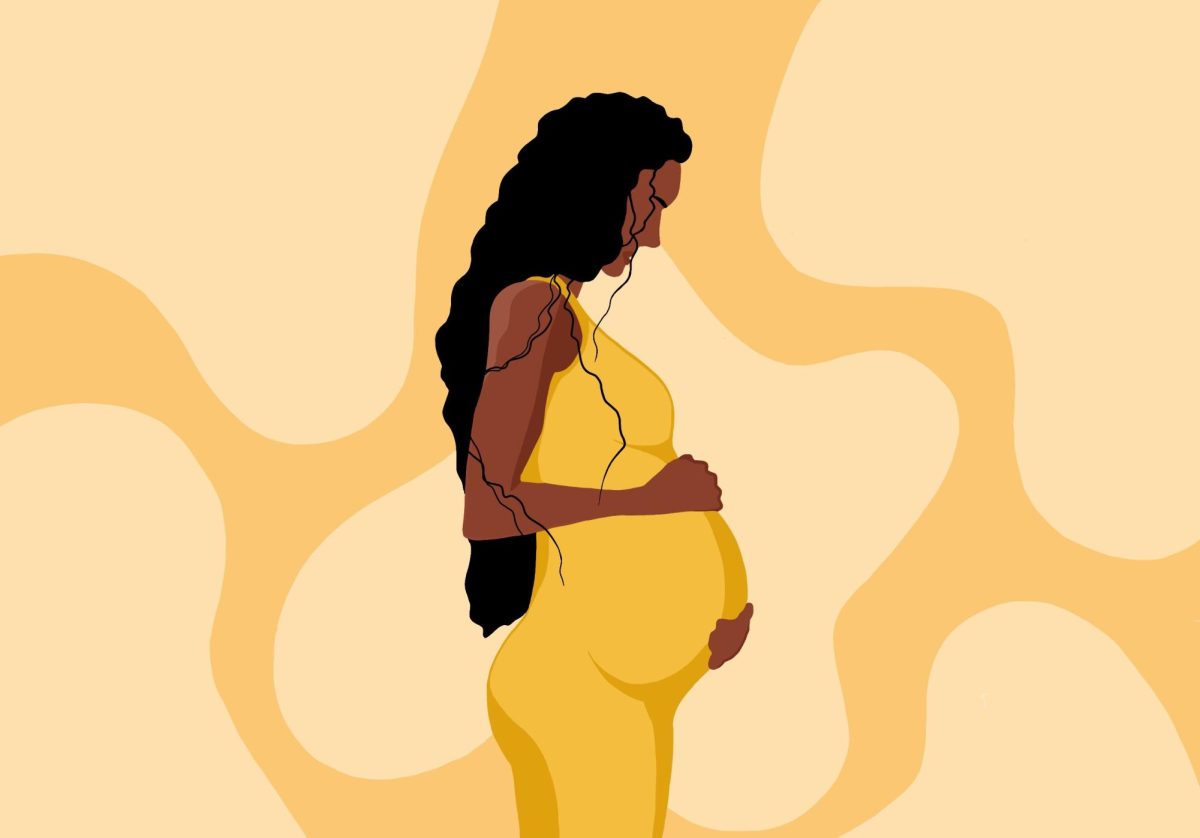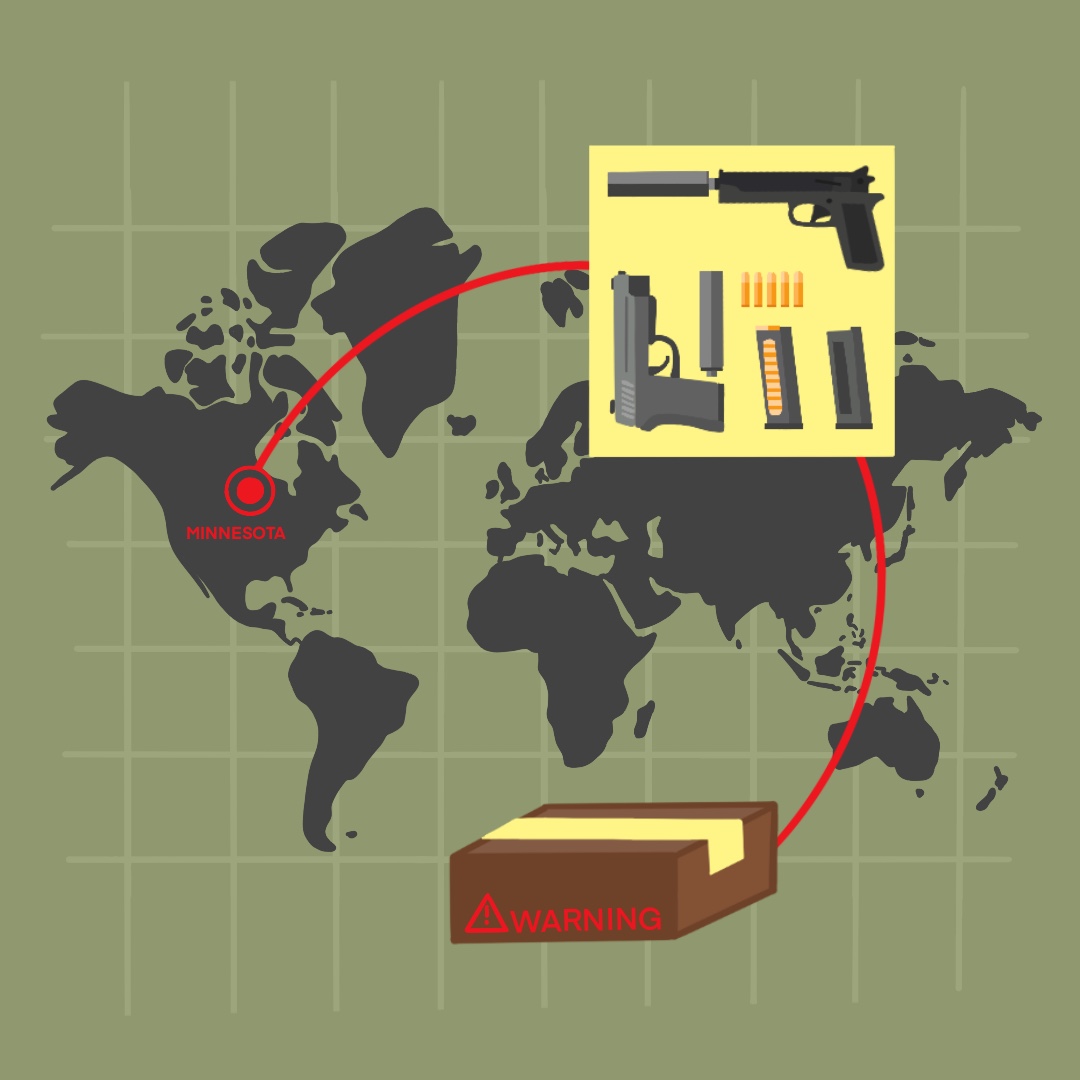“Never.”
This was Amanda Savage’s response, an associate political science professor at Loyola University Chicago and a former University of Minnesota undergraduate and graduate student, when asked if she thought she would see Roe v. Wade overturned in her lifetime.
As a constitutional law professor, Savage said she had always told students the Supreme Court would never overturn Roe v. Wade.
“I thought that they were scared enough of their own legitimacy that they would never do it,” Savage said. “I’m as shocked as anybody and have gotten a dozen or so emails from students being like, ‘but wait, you promised’.”
The decision to overturn Roe v. Wade and its impacts on the political climate in the United States is causing many professors within the law school and the political science department to change the way they teach students about constitutional law and the Supreme Court.
Jill Hasday, a law professor at the University of Minnesota Law School whose expertise includes constitutional law and legal history, said the Supreme Court’s decision was “striking,” but not necessarily surprising.
“Many people in very powerful positions…have explicitly said for years that they were looking to appoint justices who would overturn Roe,” Hasday said. “It was still a shock because overturning Roe v. Wade in one fell swoop is a tremendous expenditure of institutional capital by the Supreme Court.”
The Dobbs v. Jackson decision, which effectively overturned Roe v. Wade and returned the decision of abortion legality to the states, holds that abortion regulation is subjected to rational basis review, according to Hasday. This means if a state legislature is going to pass a law that might violate somebody’s freedom, the government would need to have a rational reason for doing so.
With the Dobbs decision, the Court said a desire to protect fetal life counts as a rational reason, Timothy Johnson, a political science professor at the University, said.
“You don’t need a higher standard…you just need to have a really good reason,” Johnson said. “And protecting life is clearly rational according to the Court.”
Johnson and Savage, one of his former graduate students, have been working together to change their lectures in their judicial process courses at the University and Loyola.
“[Savage] and I are fundamentally changing our lectures on precedent because it’s unclear how powerful precedent will be from here on out,” Johnson said. “That is something students need to learn.”
Savage said in constitutional law classes, the first lesson is often on the notion that precedent is a rule or norm that the Supreme Court follows most of the time. Savage has taught her students that it is rare for justices to deviate from precedent.
“With new cases that have been being decided, I’ve noticed students raising their hands and going, ‘but wait, they didn’t follow this rule at all,’” Savage said.
Now that those judges are deviating from their own ideas of precedent, Savage has had to rework how she teaches her classes due to the increase in political polarization within the current Court.
“We’re asking the wrong question, because we’re treating precedent like this rule that justices are violating when it doesn’t seem so much like that anymore,” she said. “It seems like precedent is a strategic tool that they use when it is to an ideological advantage.”
Hasday said the Supreme Court’s decision to overturn Roe v. Wade will change the way she teaches her classes, “without question.” She is currently deciding where she wants to put the Dobbs v. Jackson decision within her syllabus.
“My current thought is to put it toward the end because I think that this decision overturning Roe may be a harbinger of what’s coming,” Hasday said. “Students might be in a better position to understand this position, having read the previous precedents that now look more unsettled than they did two weeks ago.”
Many professors agreed that Dobbs v. Jackson’s decision would shift attention to state legislatures to protect civil rights.
“If you have an issue, you go to the Supreme Court to fight for your rights,” Savage said. “[Now], maybe instead you think, the Supreme Court can’t help me, that’s a political institution. Maybe I’ll go fight in the state legislatures. I don’t necessarily think that’s a bad thing, I think relying on the Court less to sort out political issues is good.”
Andrew Karch, a political science professor at the University, said he will use the trends that came from the Dobbs decision to demonstrate the contemporary relevance of issues of power at the state level in his classes on federalism, a system of government in which the same territory is controlled by two levels of government.
“I think a lot of what’s happened this term reinforces one of the themes of that course – federalism, in many ways, is used instrumentally,” Karch said. “If a group or political party has power at the national level, they favor national solutions, if they don’t have power at the national level, they favor state-level solutions.”
Overall, trust in government is declining, and has been for a while, which does not bode well for the political atmosphere within the United States, Karch said.
“It isn’t a very healthy trend for American democracy,” Karch said. “There could be some serious trouble on the horizon.”




















